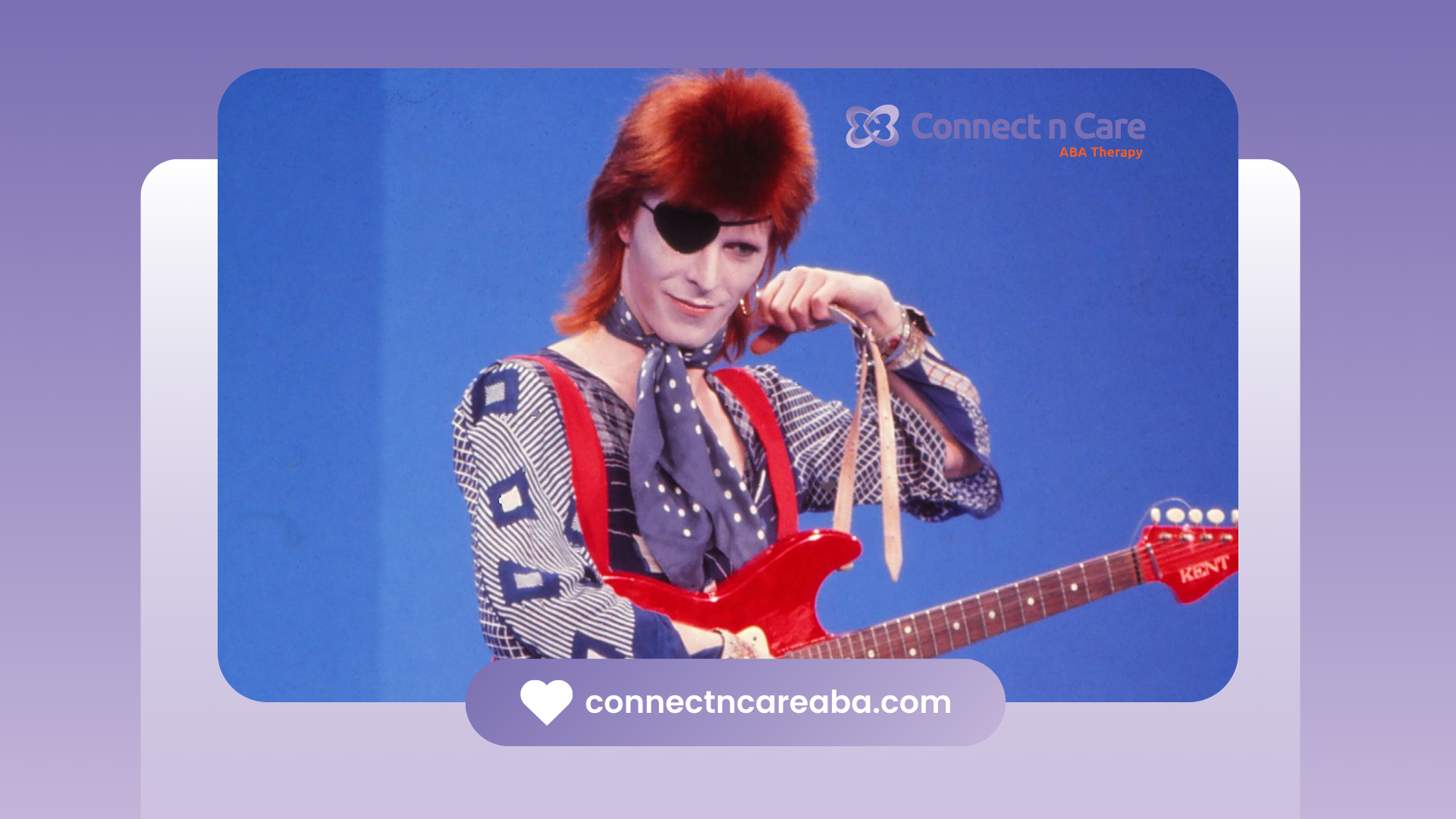Dory, the lovable blue tang fish from Disney-Pixar's Finding Nemo and Finding Dory, is a character cherished by audiences of all ages. Known for her optimistic personality, forgetfulness, and ability to "just keep swimming" despite challenges, Dory has sparked discussions about whether her traits align with those seen in individuals on the autism spectrum. This blog delves into Dory's character, exploring whether her behaviors and personality traits could be interpreted as autistic, and what this means for representation in media.
Understanding Autism: A Brief Overview
Before analyzing Dory's character, it's important to understand what autism is. Autism, or Autism Spectrum Disorder (ASD), is a neurodevelopmental condition characterized by differences in social communication, repetitive behaviors, and a wide range of interests and abilities. Autism manifests differently in each individual, leading to the saying, "If you've met one person with autism, you've met one person with autism."
Key traits of autism can include:
- Challenges with Social Interaction: Difficulty understanding social cues, forming relationships, and communicating effectively.
- Repetitive Behaviors: Engaging in repetitive actions or speech patterns.
- Special Interests: Intense focus on specific topics or activities.
- Sensory Sensitivities: Over- or under-reactivity to sensory inputs such as sounds, lights, or textures.
- Cognitive Differences: Variations in learning, attention, and memory.
Analyzing Dory’s Characteristics
Dory's character exhibits several behaviors and traits that have led some viewers to question whether she could be interpreted as autistic. Below, we explore these traits in more detail.
1. Memory and Cognitive Differences
One of Dory's most defining characteristics is her short-term memory loss. She often forgets recent events, conversations, and the names of other characters. While memory loss itself is not a characteristic of autism, cognitive differences and challenges with memory can be present in some autistic individuals. For example, some people with autism may struggle with working memory or have difficulty recalling specific information.
Dory's memory challenges are a central aspect of her character, driving much of the plot in both Finding Nemo and Finding Dory. Her ability to continue with her journey despite these challenges showcases her resilience and optimism.
2. Social Interaction
Dory is known for her friendly and outgoing nature, but she often struggles with understanding social cues and norms. For instance, she frequently interrupts others, doesn’t always pick up on the emotions of those around her, and sometimes misses the point of conversations. These behaviors can be reminiscent of the social communication challenges that some autistic individuals experience.
Despite these challenges, Dory forms deep and meaningful connections with other characters, particularly Marlin, Nemo, and her family. This demonstrates that while she may navigate social interactions differently, she is capable of strong relationships, a key aspect of life for many people on the autism spectrum.
3. Repetitive Behaviors and Routines
In Finding Dory, viewers see that Dory finds comfort in routines and repetition, such as her habit of repeating the phrase "Just keep swimming." Repetitive behaviors and routines are common in autistic individuals, providing a sense of stability and predictability in a world that can often feel overwhelming.
Dory’s repetition of "Just keep swimming" is not just a coping mechanism but also a mantra that helps her push through difficult situations. This aligns with how some autistic individuals use repetition or routines to manage anxiety or uncertainty.
4. Sensory Sensitivities
Dory's sensory experiences are subtly portrayed in the films. For instance, in Finding Dory, when she experiences overstimulation from the chaotic environment of the Marine Life Institute, she becomes anxious and disoriented. This could be interpreted as a sensory overload, a common experience for many autistic individuals.
Sensory sensitivities vary widely among those on the autism spectrum. Some people may find certain sounds, lights, or textures overwhelming, while others might seek out sensory input. Dory’s reactions to her environment may resonate with viewers who have similar sensory experiences.
5. Special Interests and Focus
Throughout both films, Dory demonstrates intense focus on certain goals or interests, such as finding her parents or helping Marlin find Nemo. While these pursuits are plot-driven, her single-minded determination can be seen as analogous to the special interests that many autistic individuals have. Special interests are often areas of deep fascination and expertise for autistic people and can provide joy, comfort, and a sense of purpose.
Dory’s focus on her goals, even when faced with obstacles, showcases her determination and highlights how special interests can drive positive outcomes and personal growth.
Representation in Media: The Importance of Diverse Characters
Whether or not Dory is explicitly autistic, her character resonates with many people who see elements of themselves in her. Media representation of neurodiverse characters is crucial for fostering understanding and acceptance. When characters like Dory, who may exhibit traits associated with autism, are portrayed in a positive and empowering light, it helps to normalize differences and reduce stigma.
The Debate on Dory’s Character
The question of whether Dory is autistic has been a topic of debate among fans and autism advocates. Some argue that Dory's traits, such as her memory challenges and social difficulties, align with those seen in autistic individuals, while others suggest that her character is more accurately described as having a cognitive or memory-related disability.
Disney-Pixar has not officially stated that Dory is autistic, and the character was not created with autism in mind. However, the beauty of fictional characters is that they can be interpreted in many ways, allowing audiences to find personal meaning and connection.
Positive Representation and Empowerment
Dory’s character provides a positive example of someone who navigates the world differently yet still achieves her goals, builds meaningful relationships, and remains optimistic. For viewers on the autism spectrum, seeing characters like Dory can be empowering, reinforcing the idea that different ways of thinking and being are valuable and should be celebrated.
Moreover, Dory’s story emphasizes the importance of empathy, understanding, and acceptance—qualities that are essential in creating a more inclusive society for people of all abilities and neurotypes.
Conclusion
While Dory is not officially recognized as an autistic character, her traits and behaviors resonate with many individuals on the autism spectrum. Her story highlights the value of perseverance, optimism, and the importance of embracing differences. Characters like Dory play a vital role in promoting understanding and acceptance of neurodiversity in popular media.
At Connect n Care, we understand the unique needs of individuals with autism and are dedicated to providing personalized ABA therapy services to help them thrive. Whether it's through exploring special interests, building social skills, or navigating sensory experiences, our team is here to support every individual on their journey.
FaQ's
What disability does Dory have?
Dory, the character from Finding Nemo and Finding Dory, has short-term memory loss. This is portrayed as a cognitive disability where she struggles to retain information for extended periods, leading to forgetfulness and frequent confusion. However, she compensates for her memory challenges with optimism and resilience.
Is Dory the fish autistic?
While Dory is not explicitly portrayed as autistic, many people in the autism community have found her character relatable. Her struggles with memory, difficulty with social cues, and moments of hyperfocus have resonated with some individuals with autism. However, Dory’s character is not officially identified as autistic in the films.
What mental illness does Dory have?
Dory is depicted as having short-term memory loss, but it is not framed as a “mental illness” in the films. Her condition is more of a cognitive disability, which affects her ability to remember things but doesn’t diminish her intelligence, personality, or resourcefulness. The portrayal focuses on her strengths and how she navigates challenges despite her memory issues.









